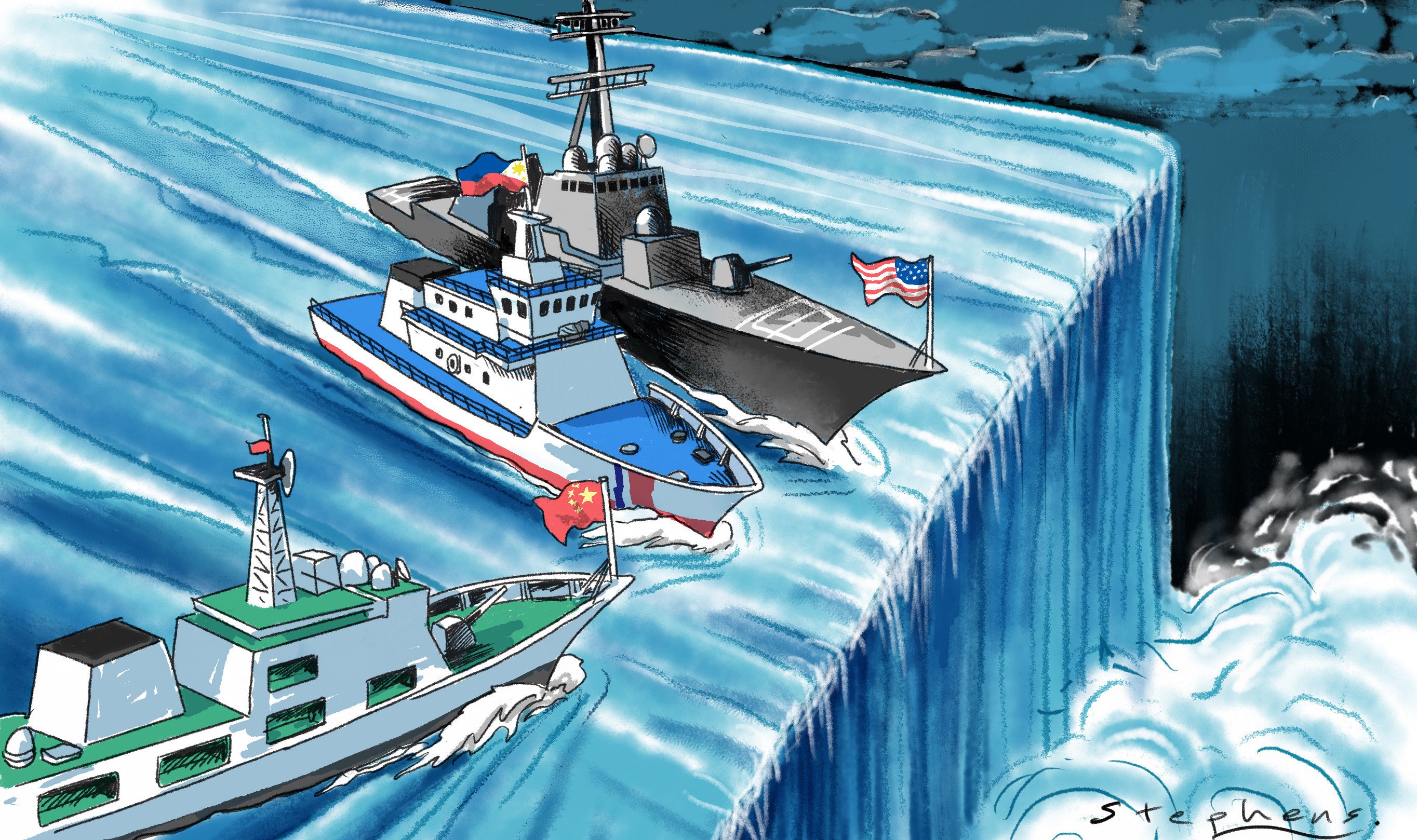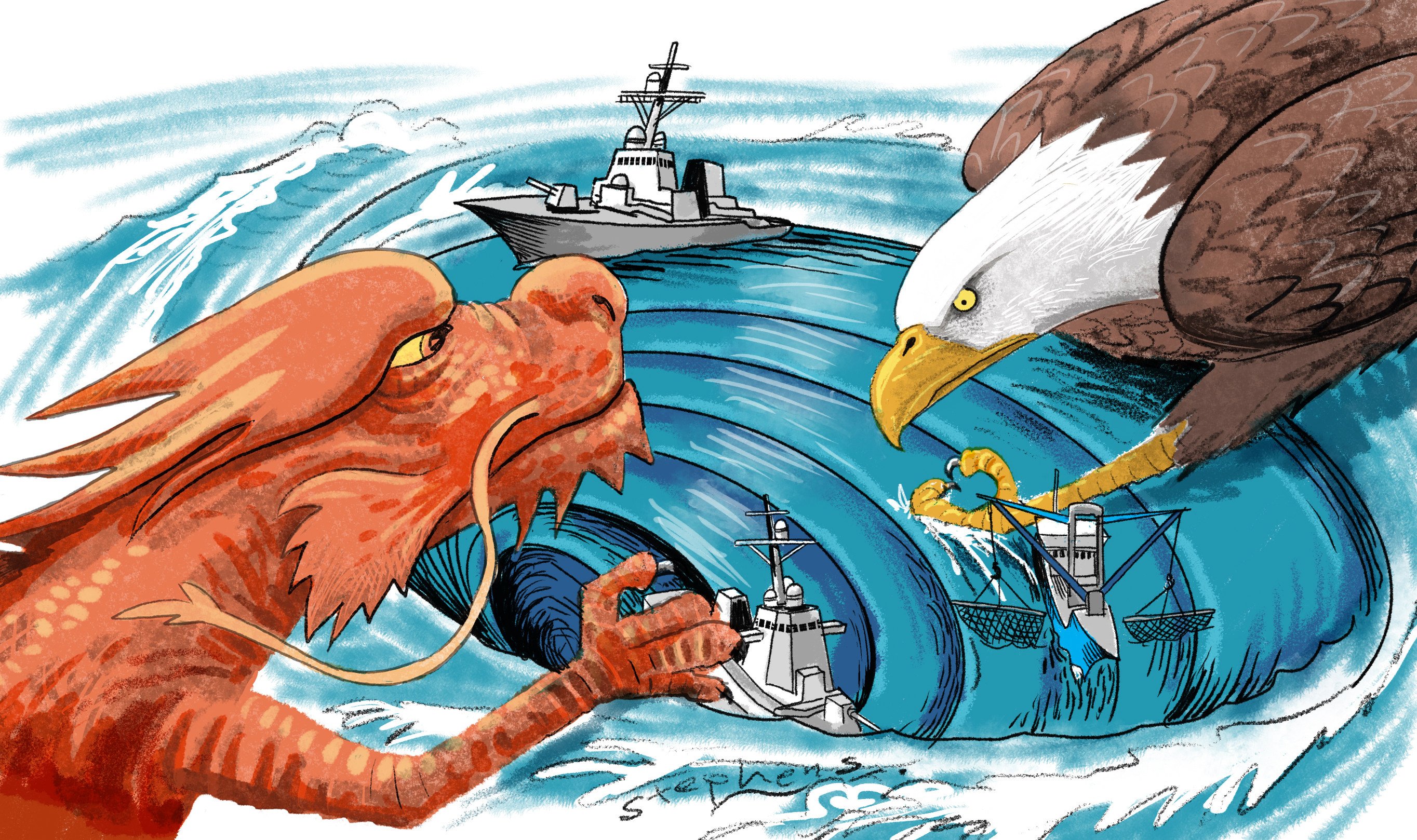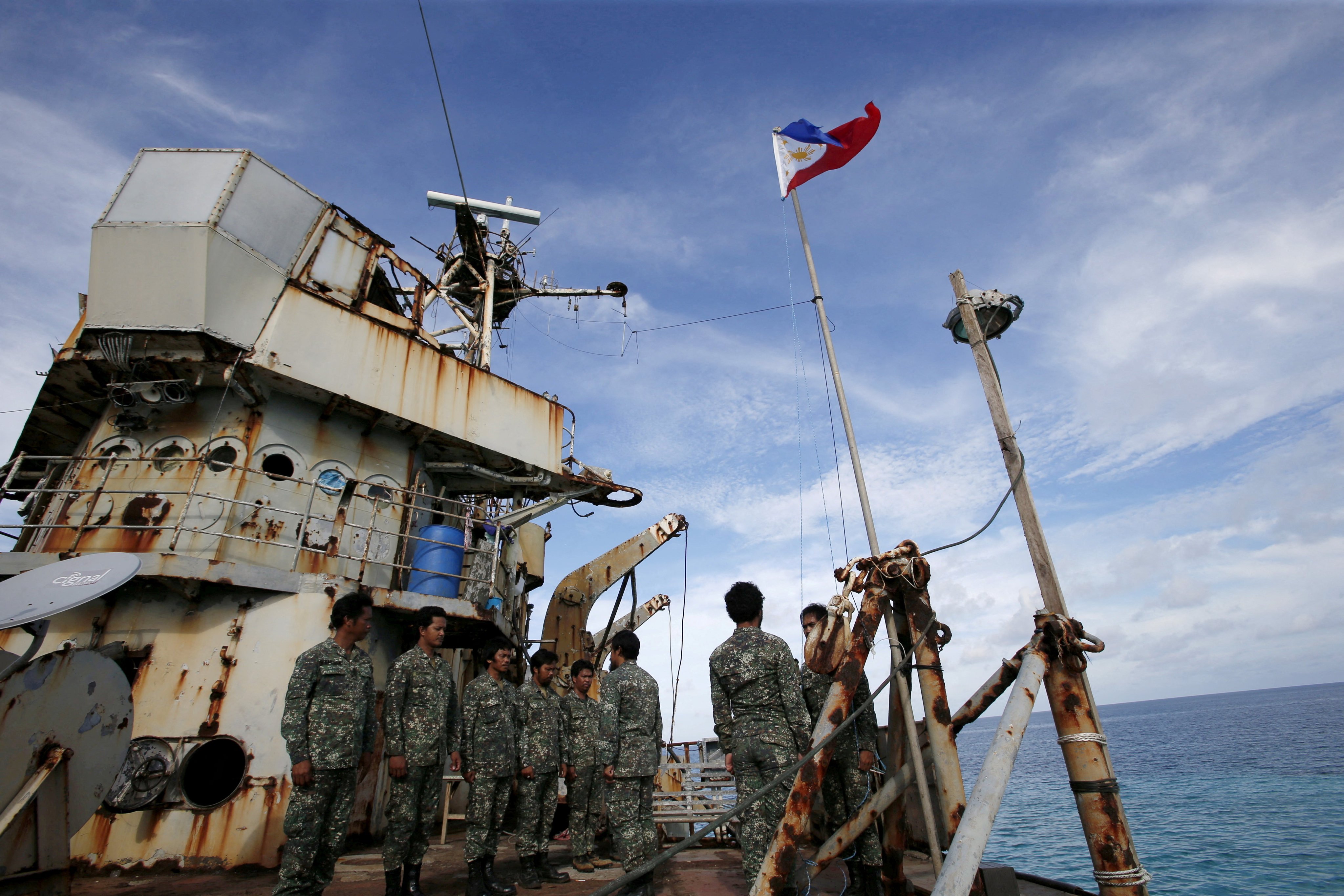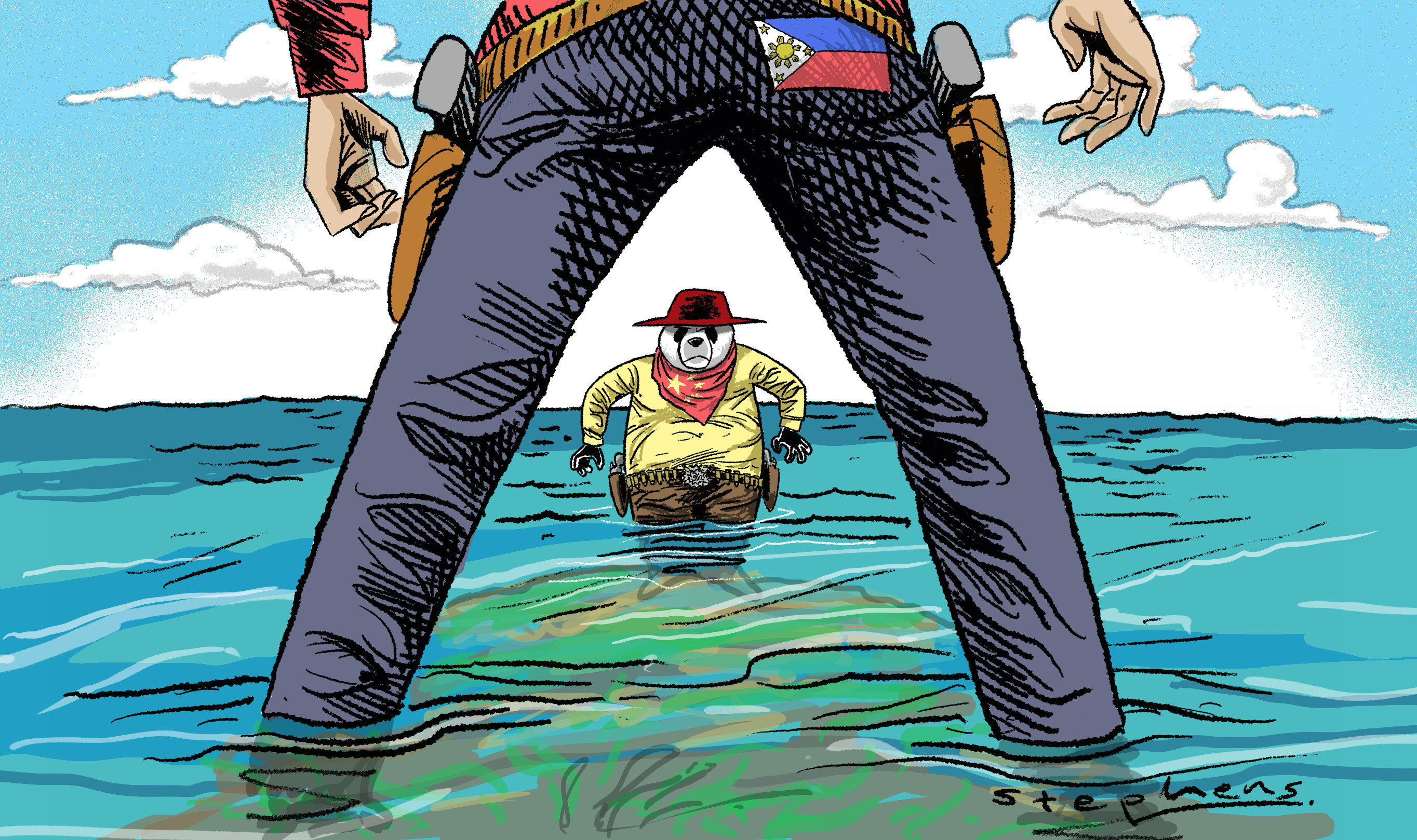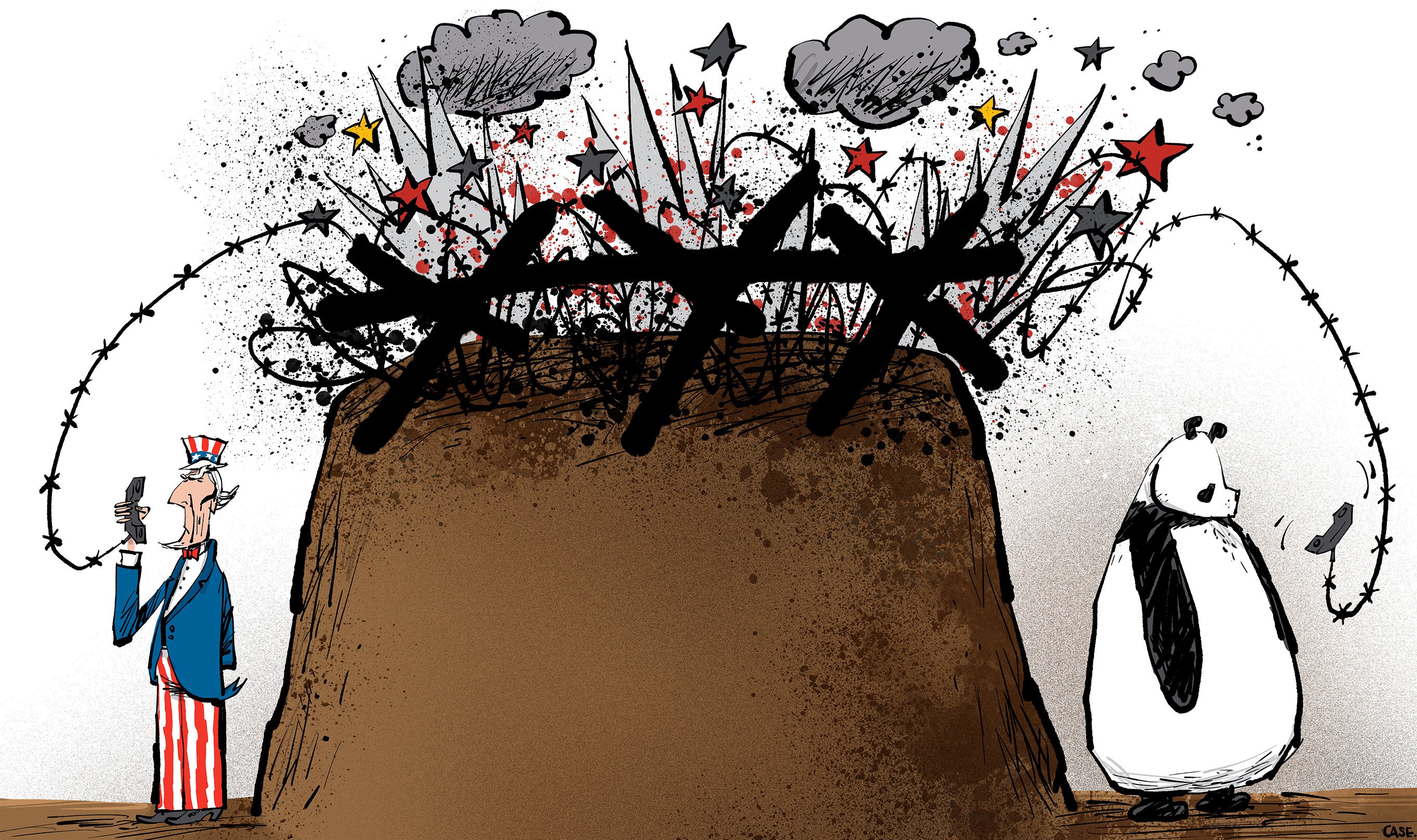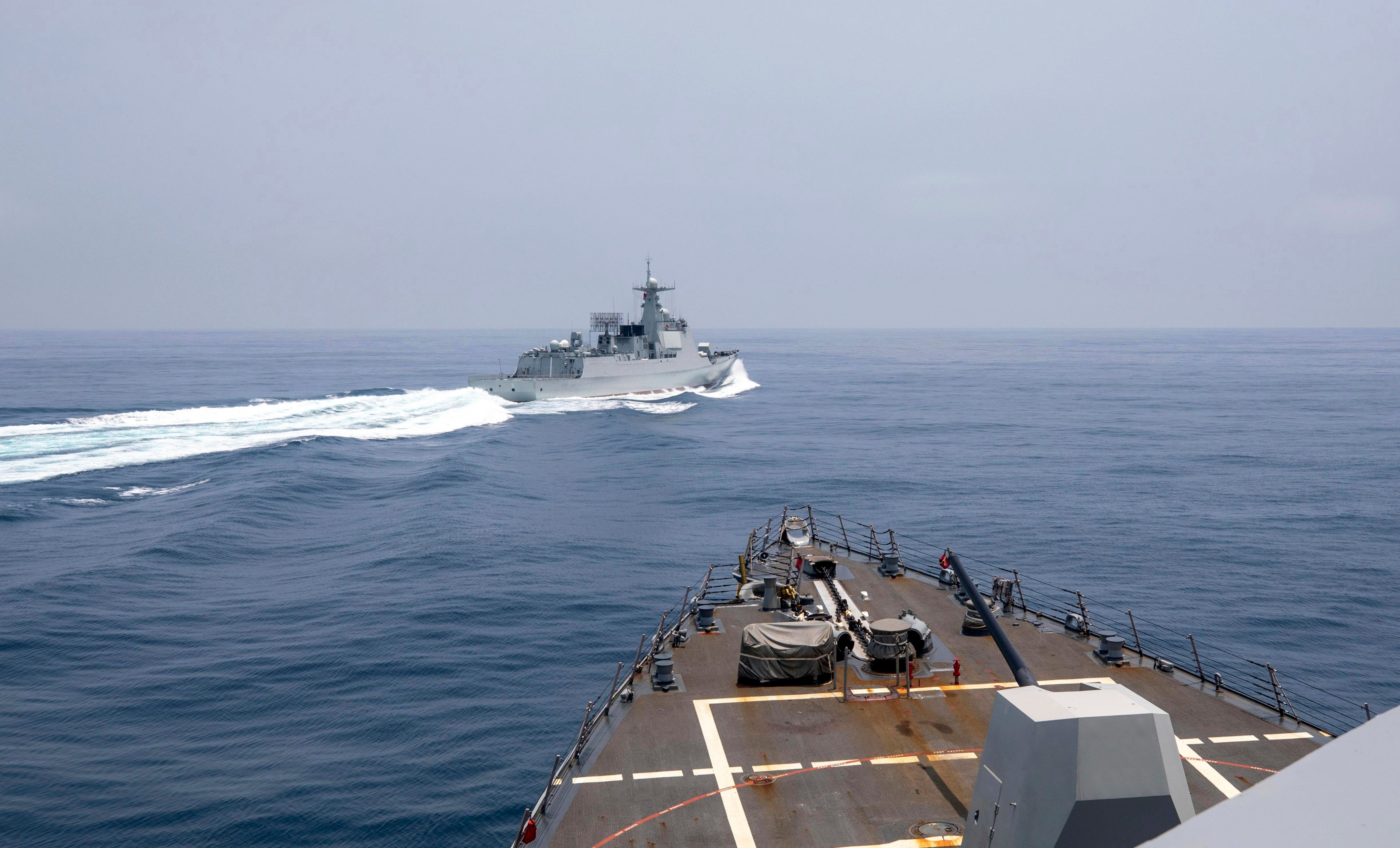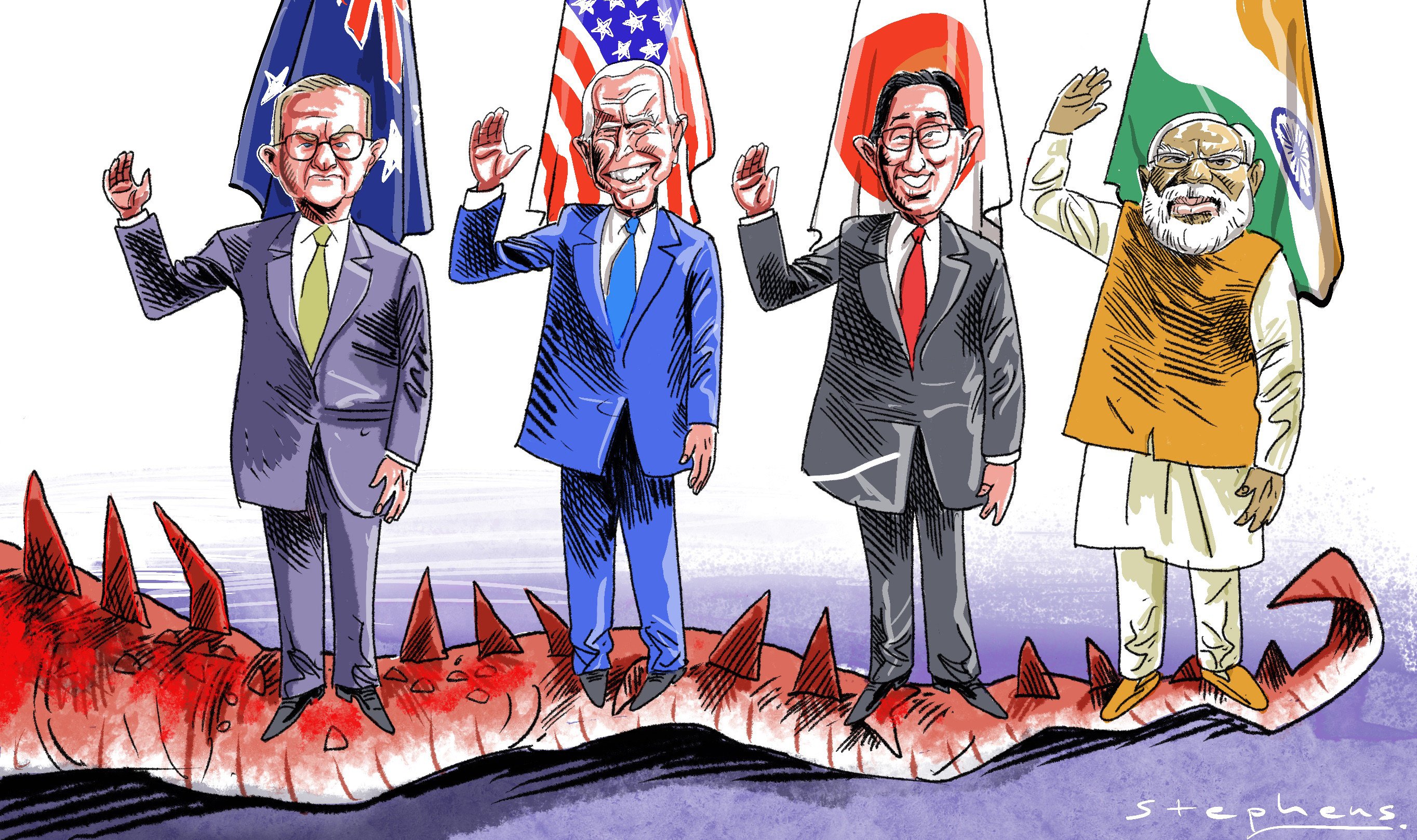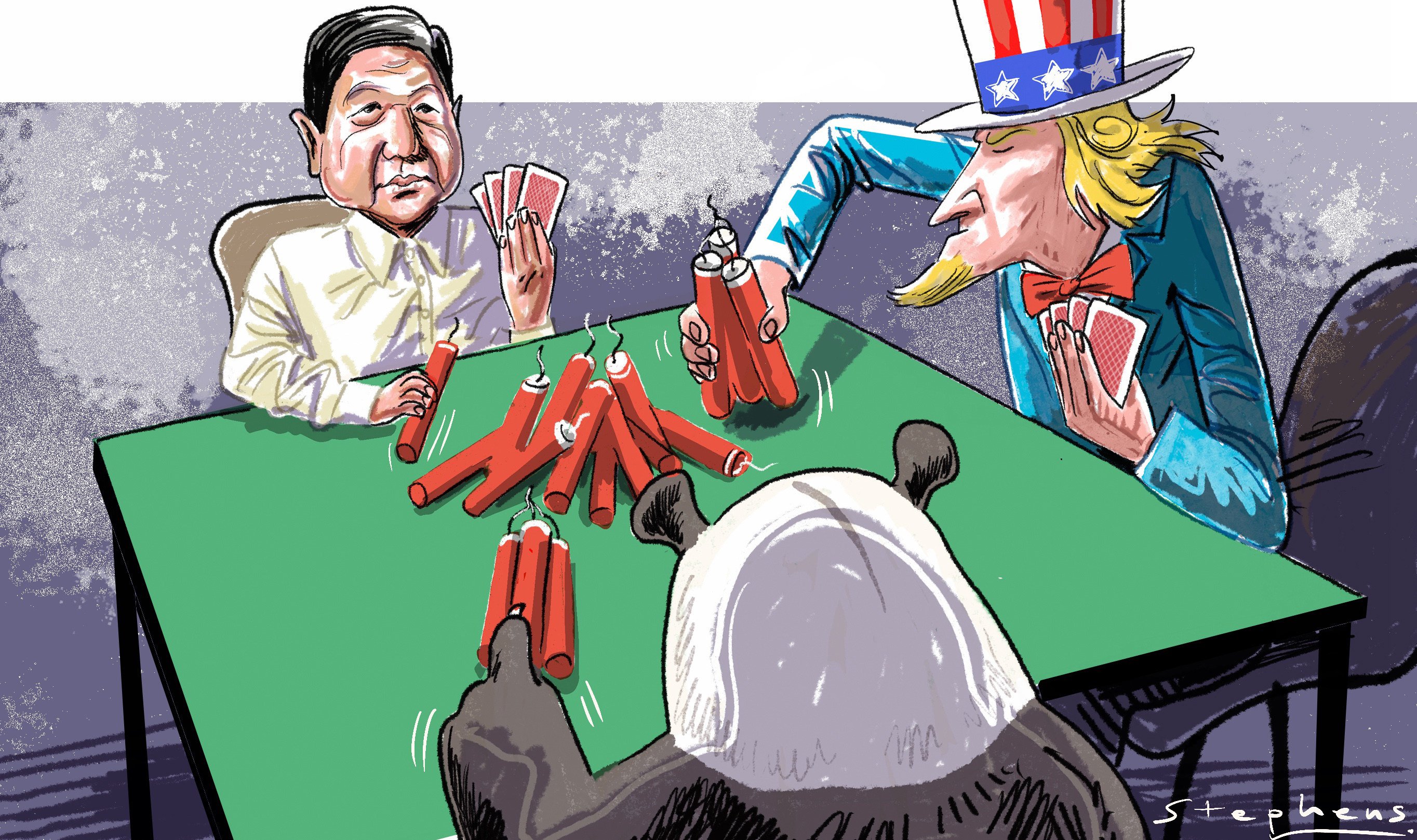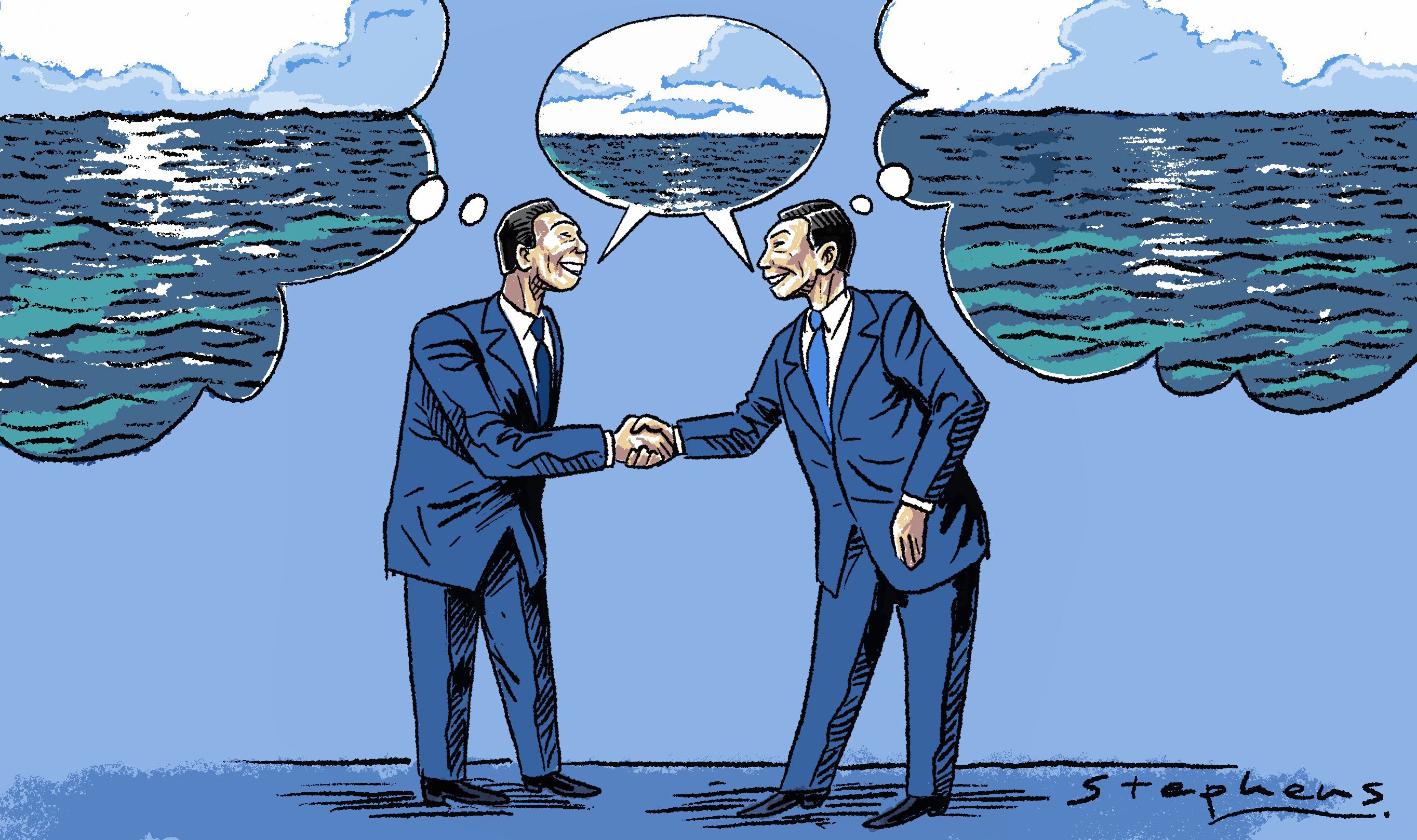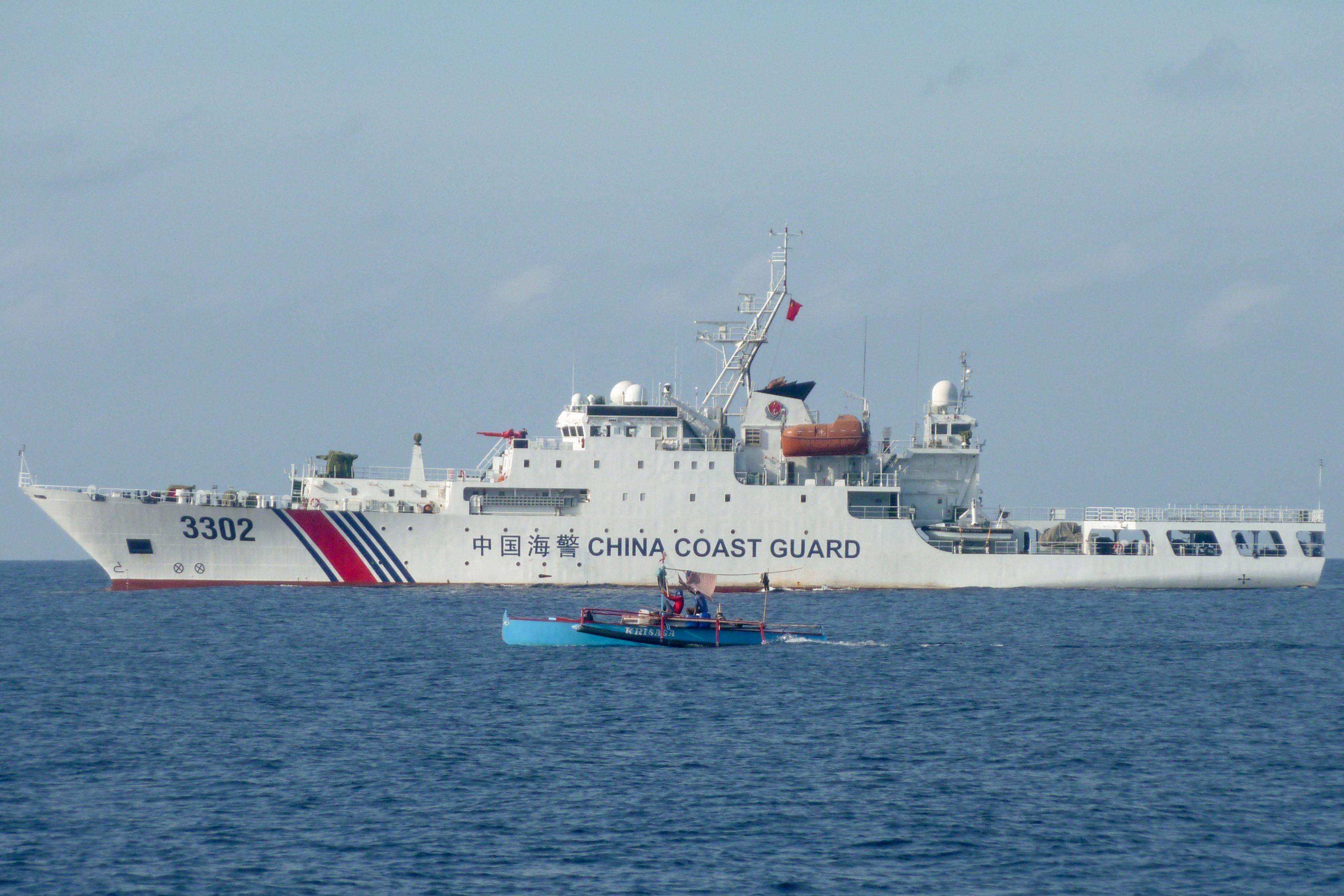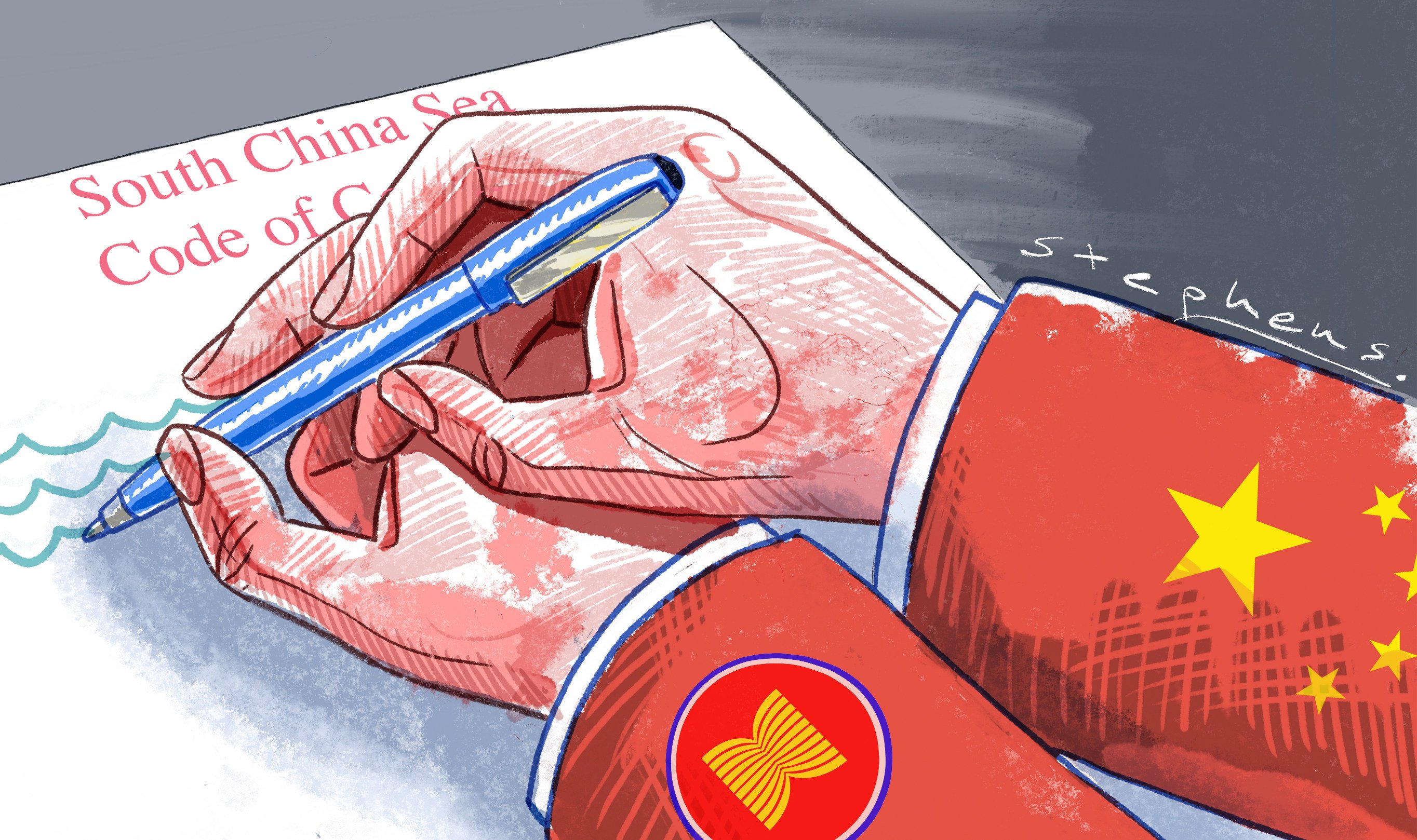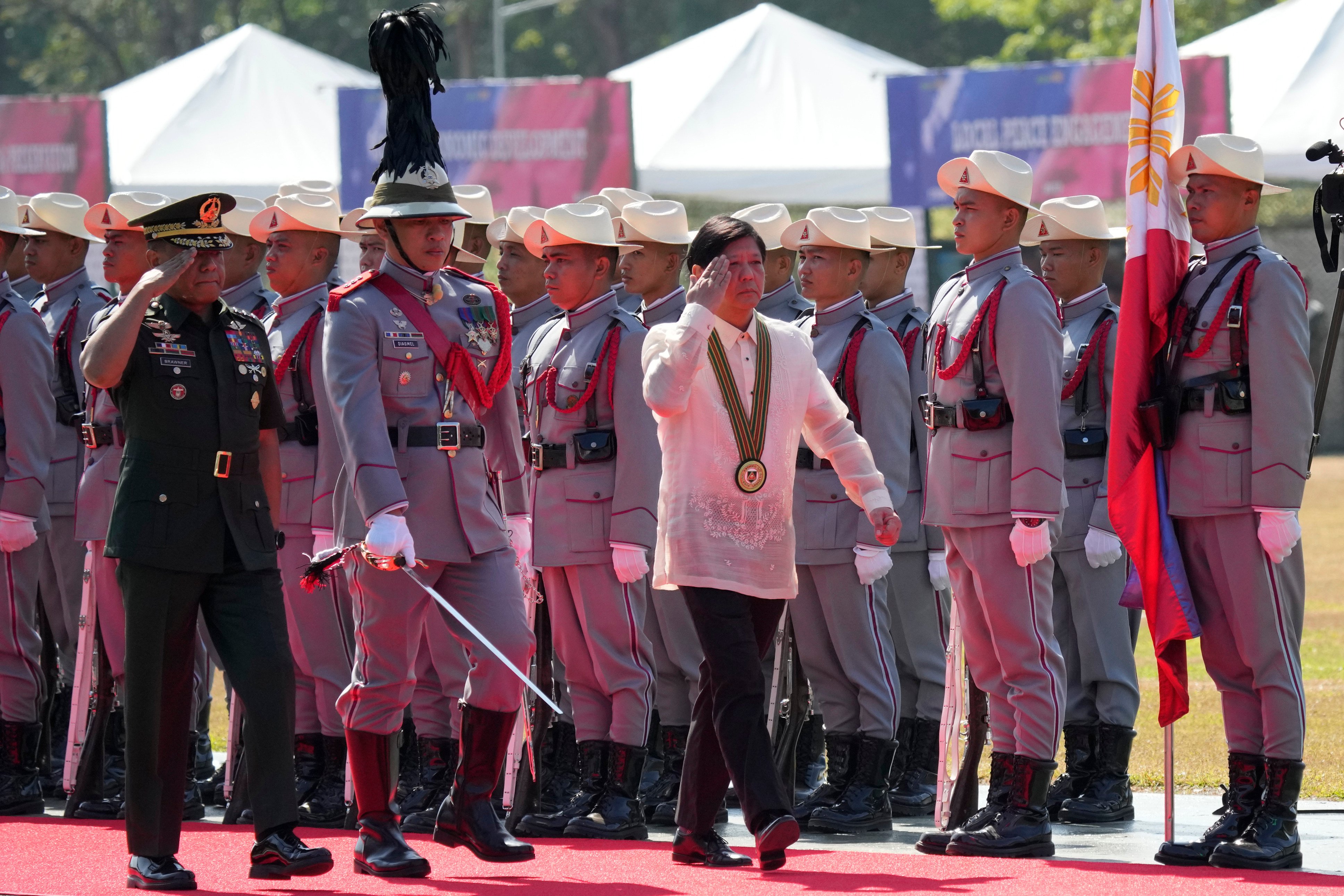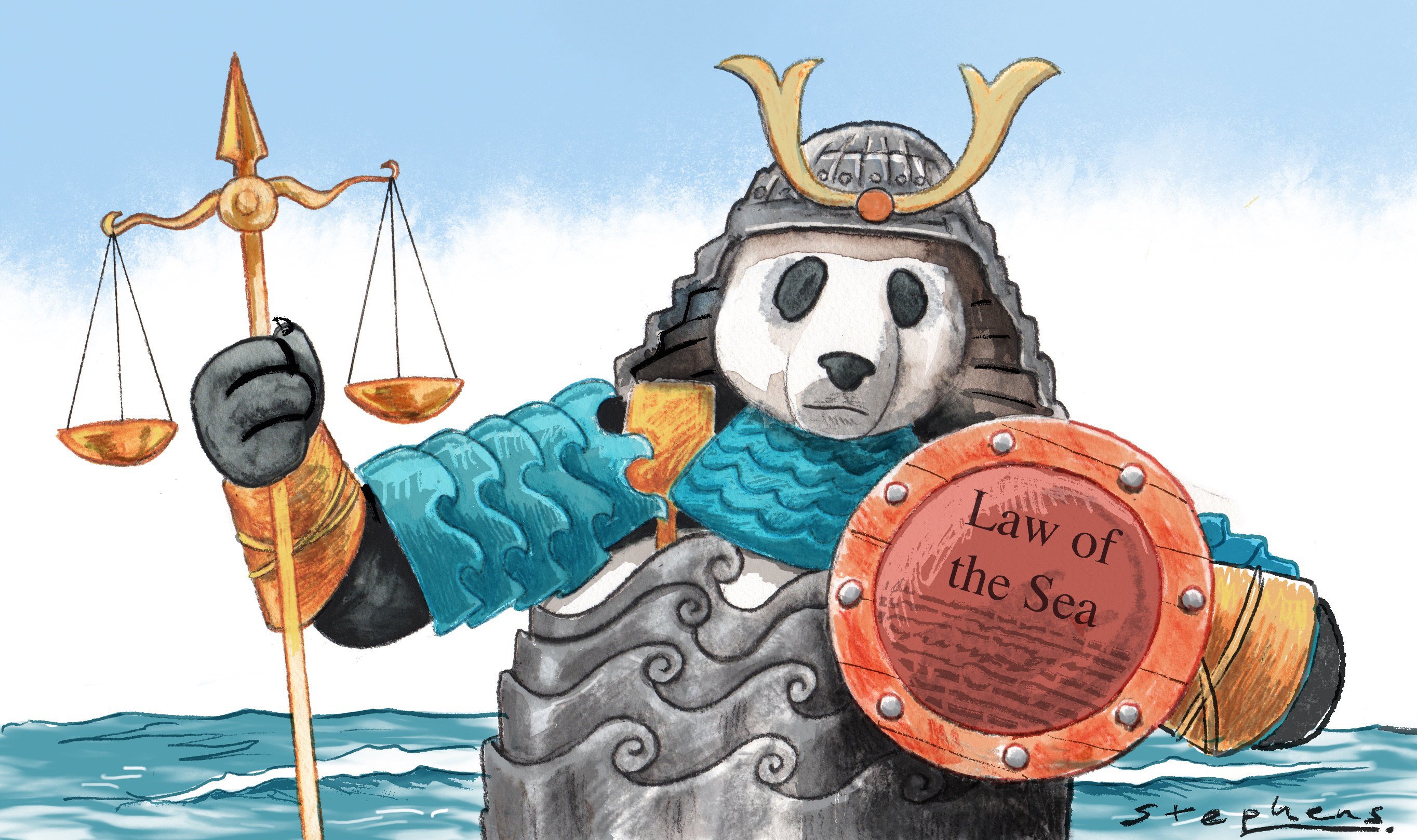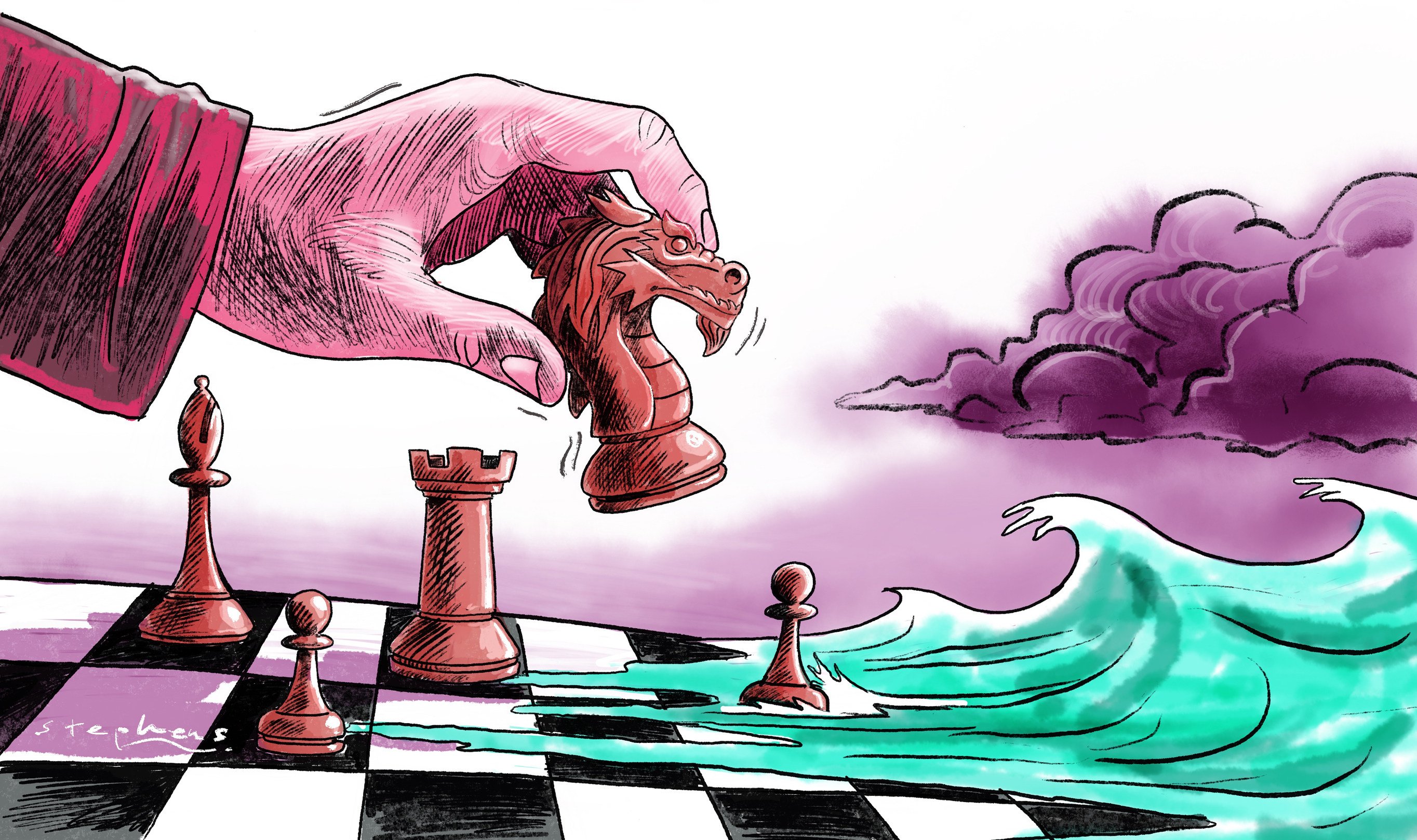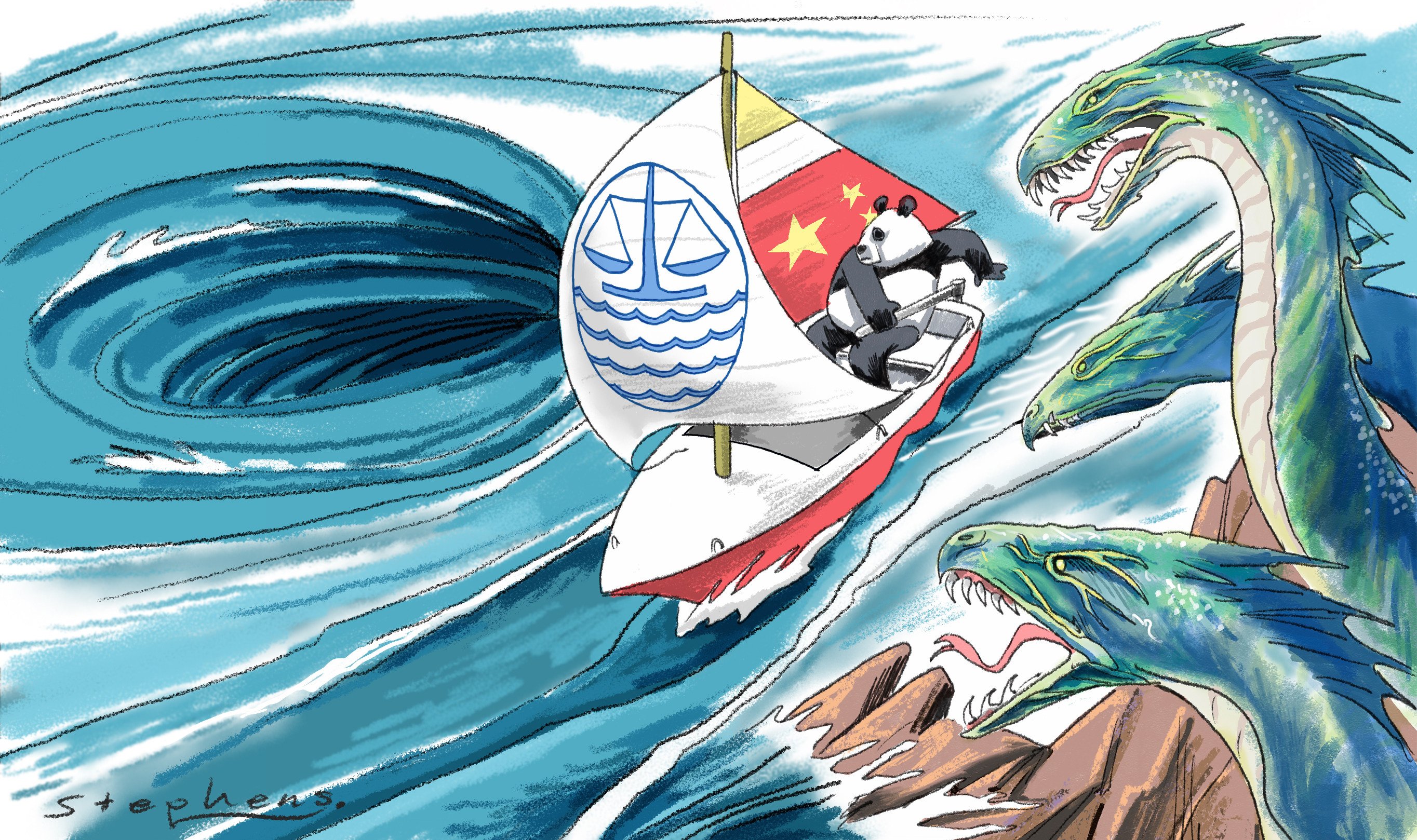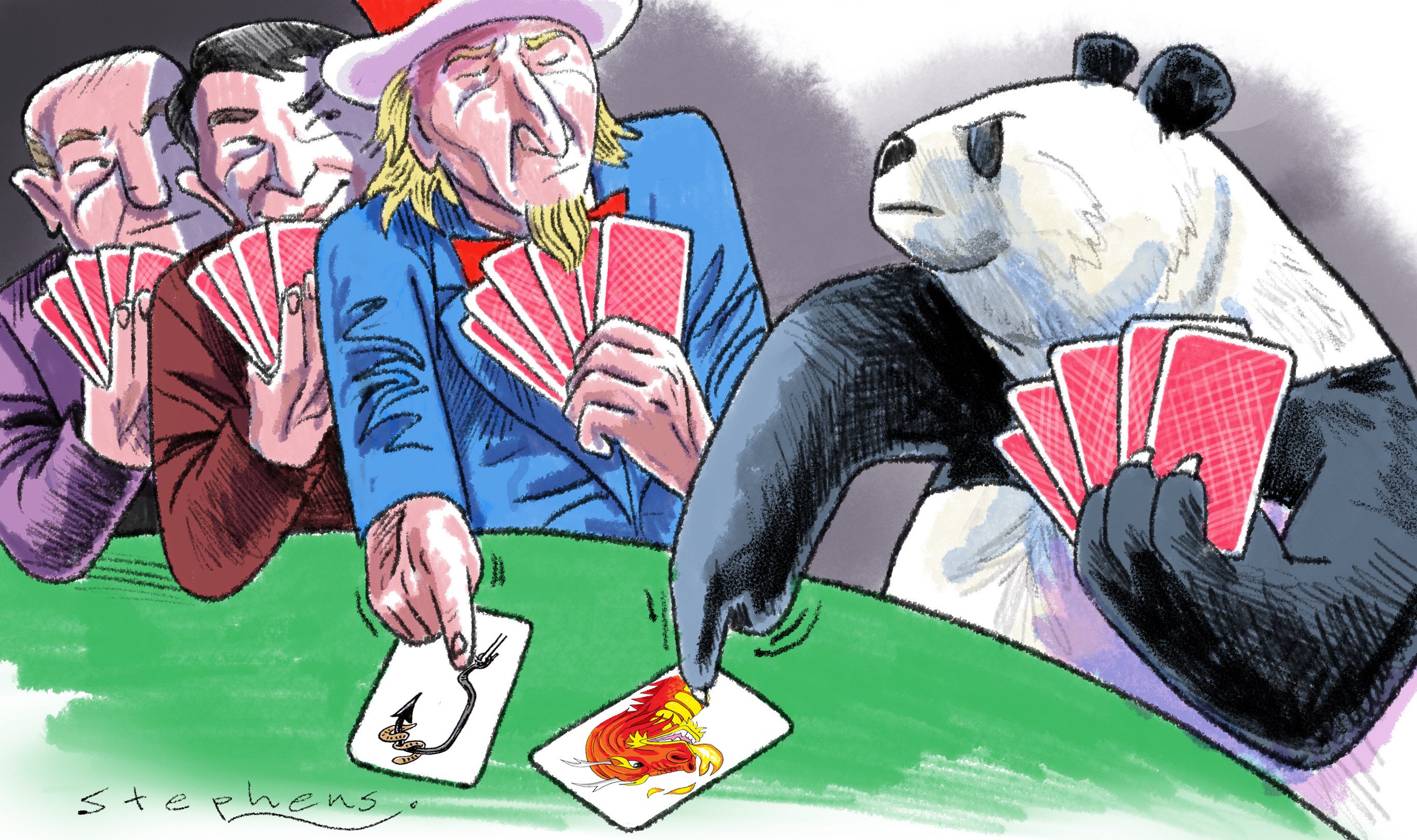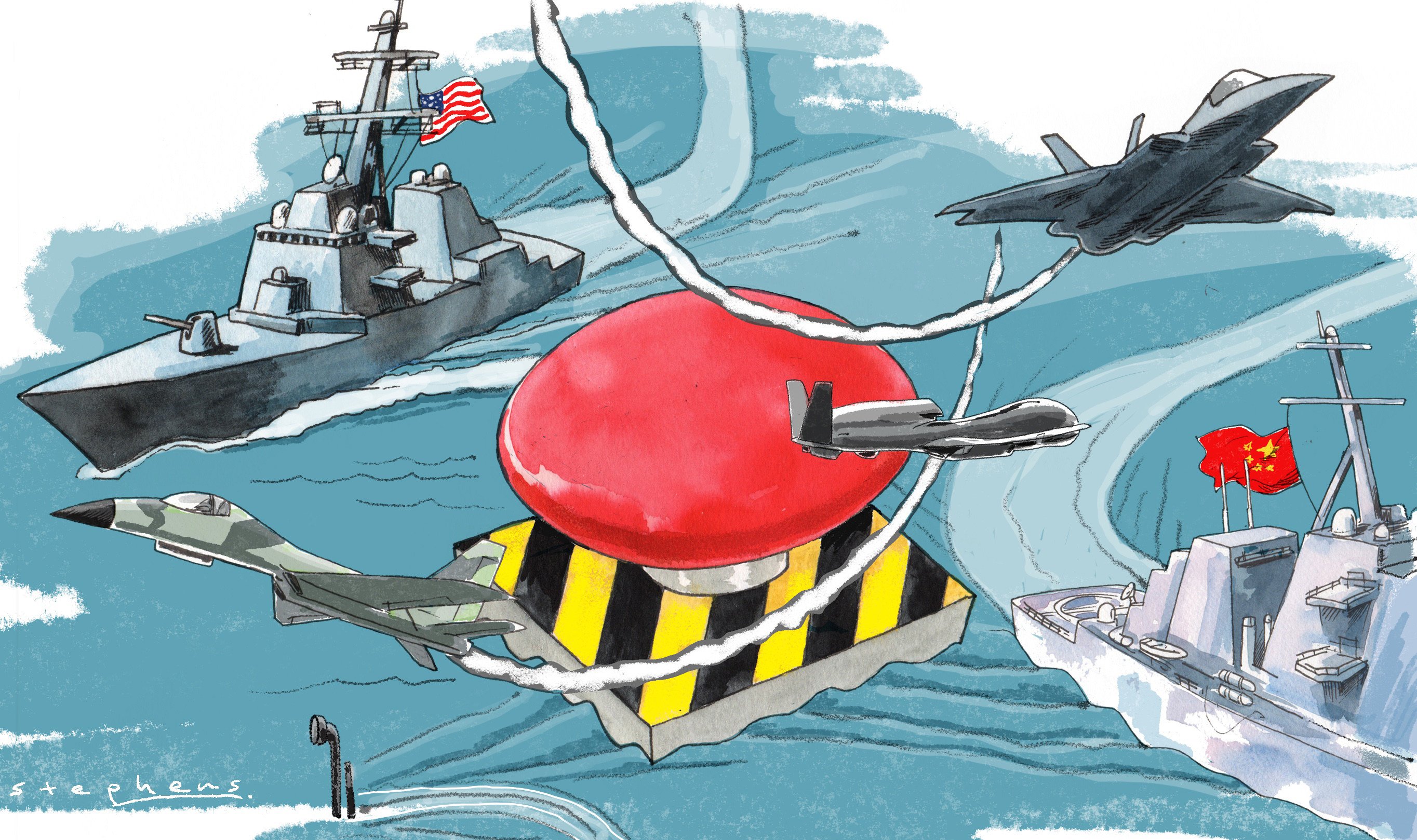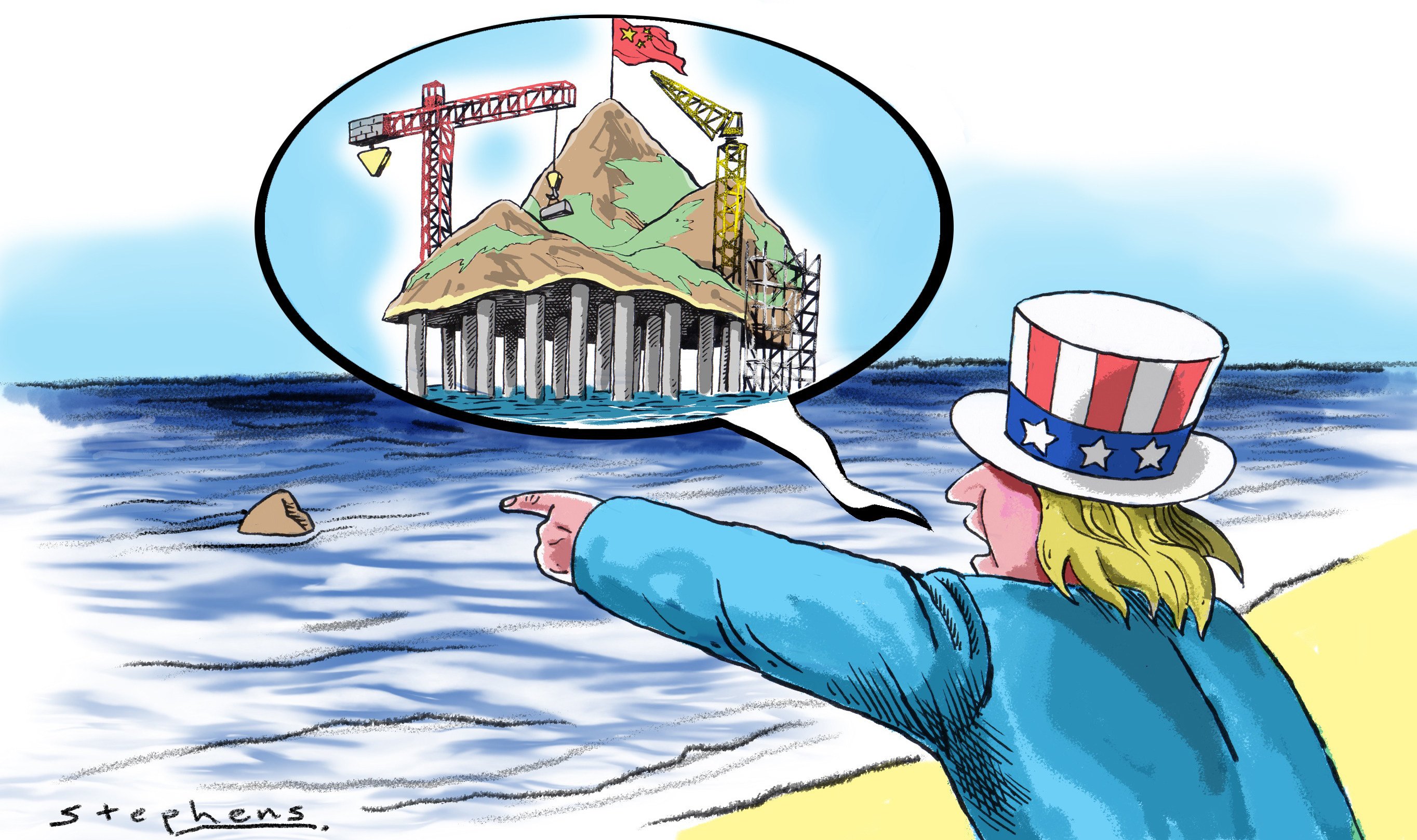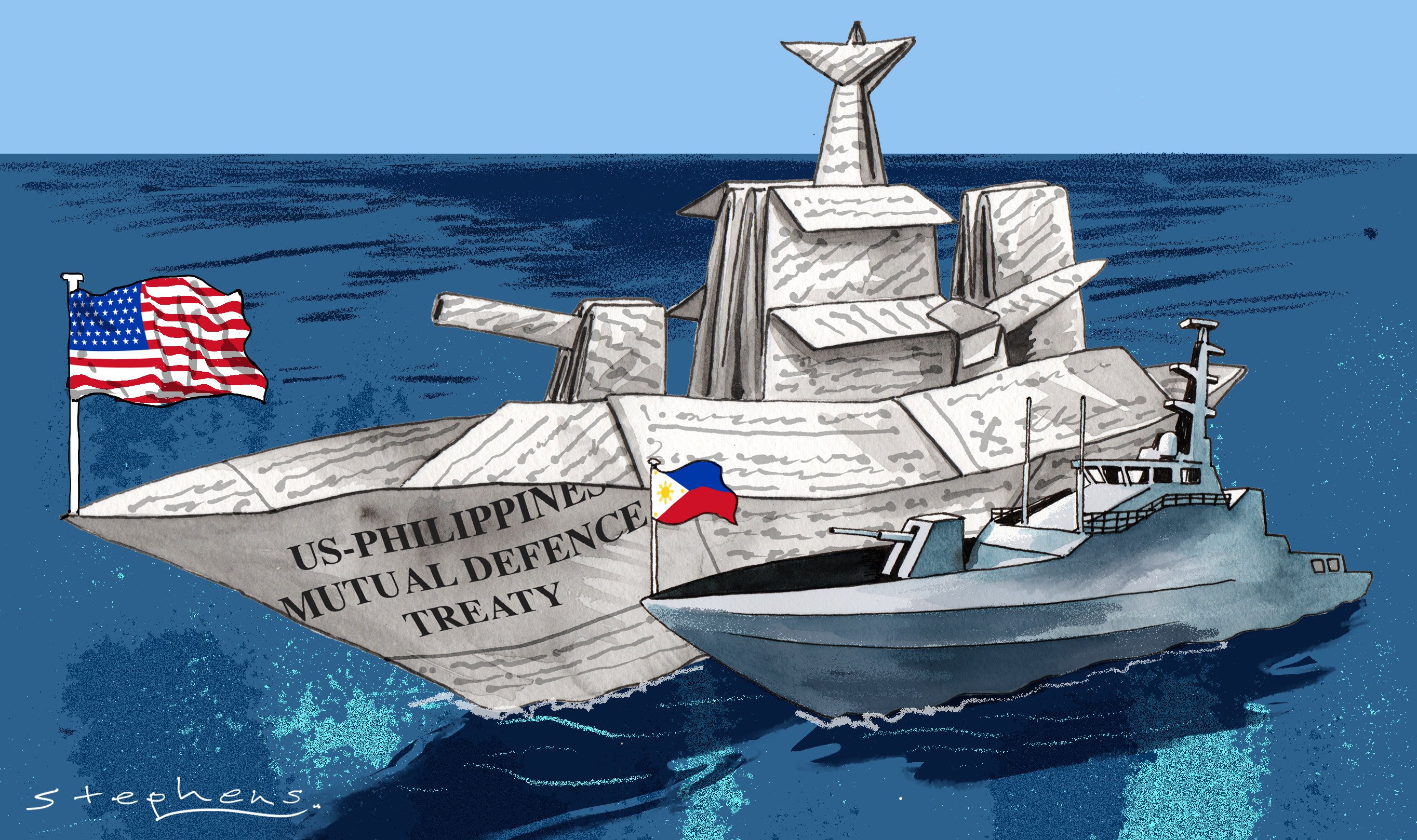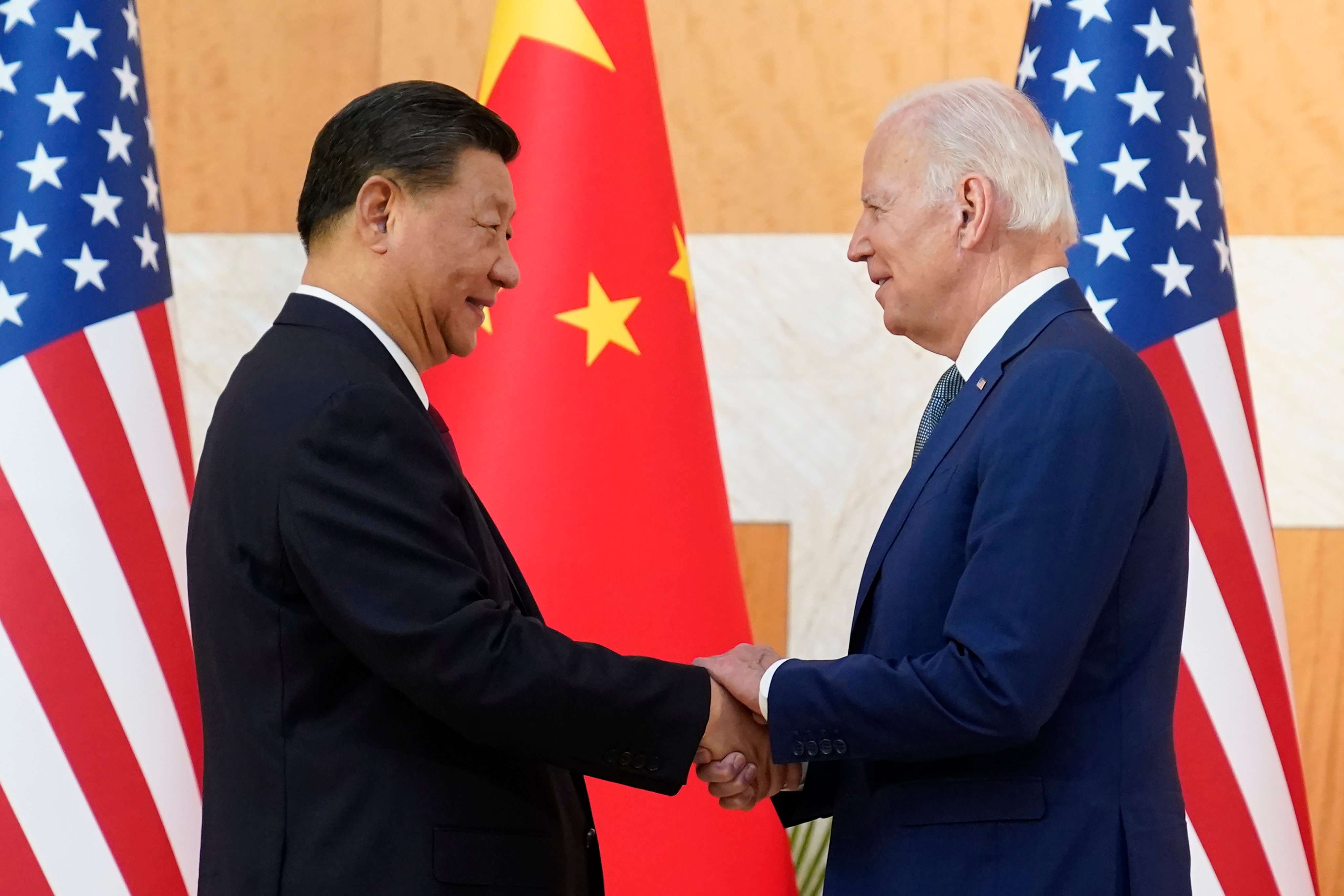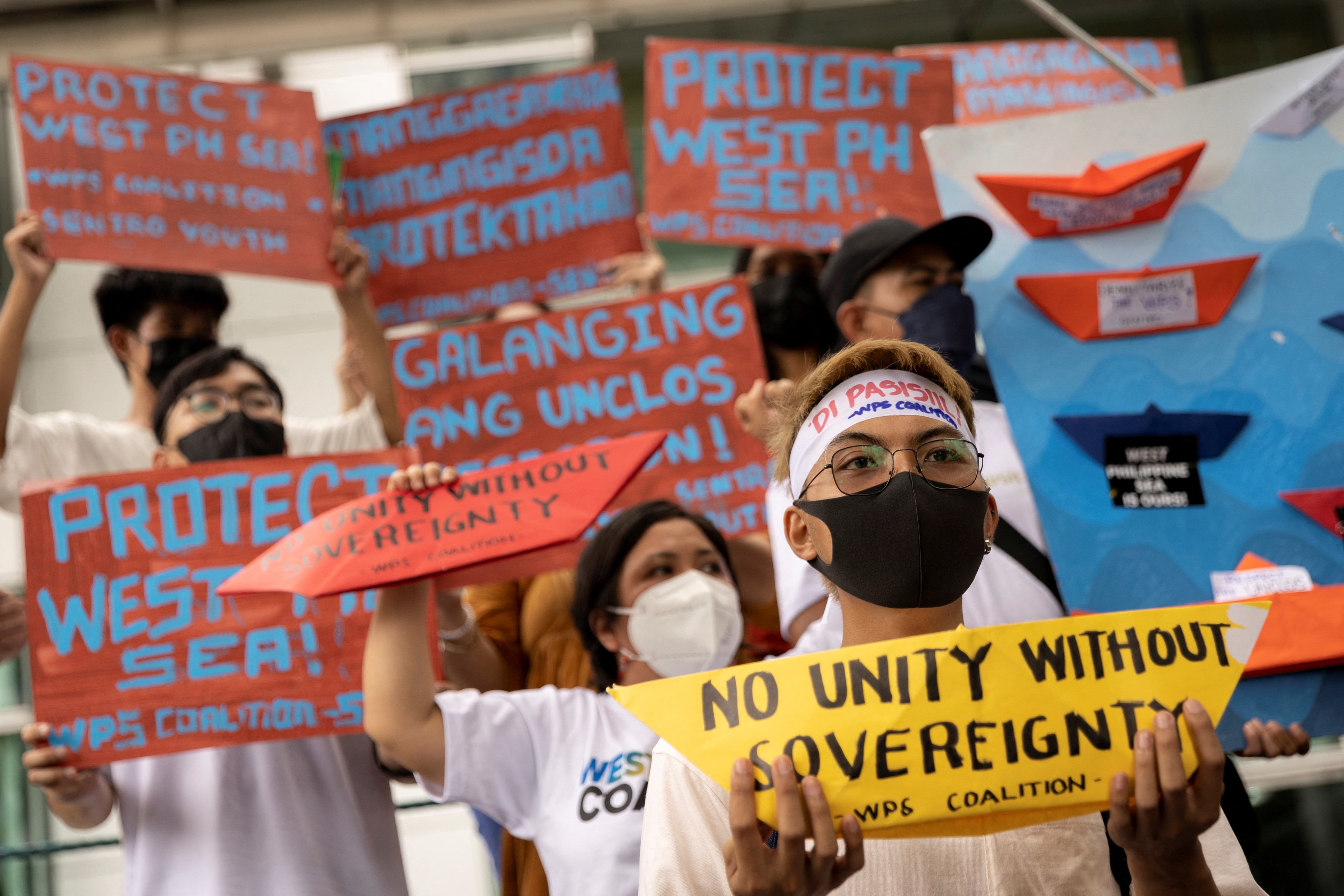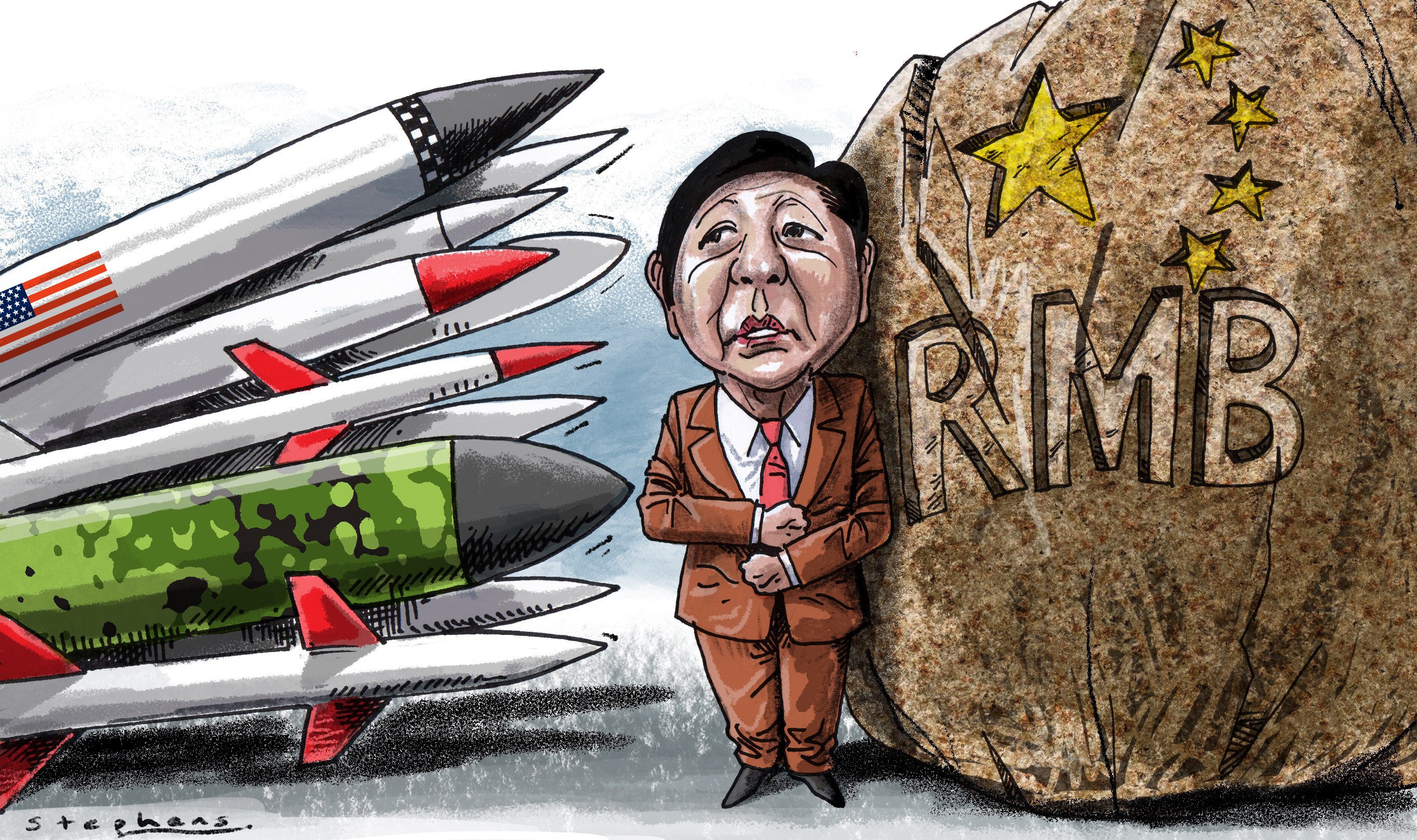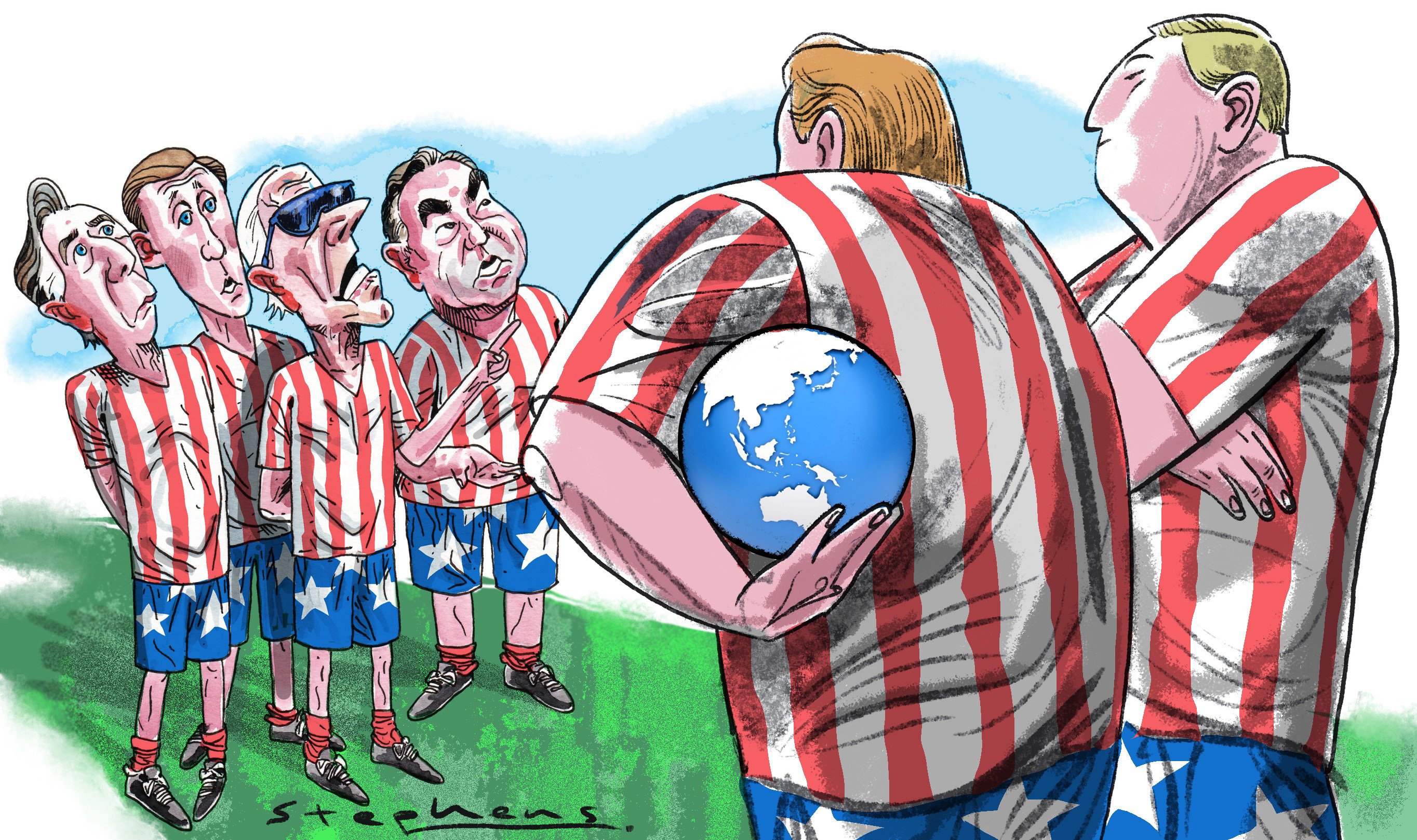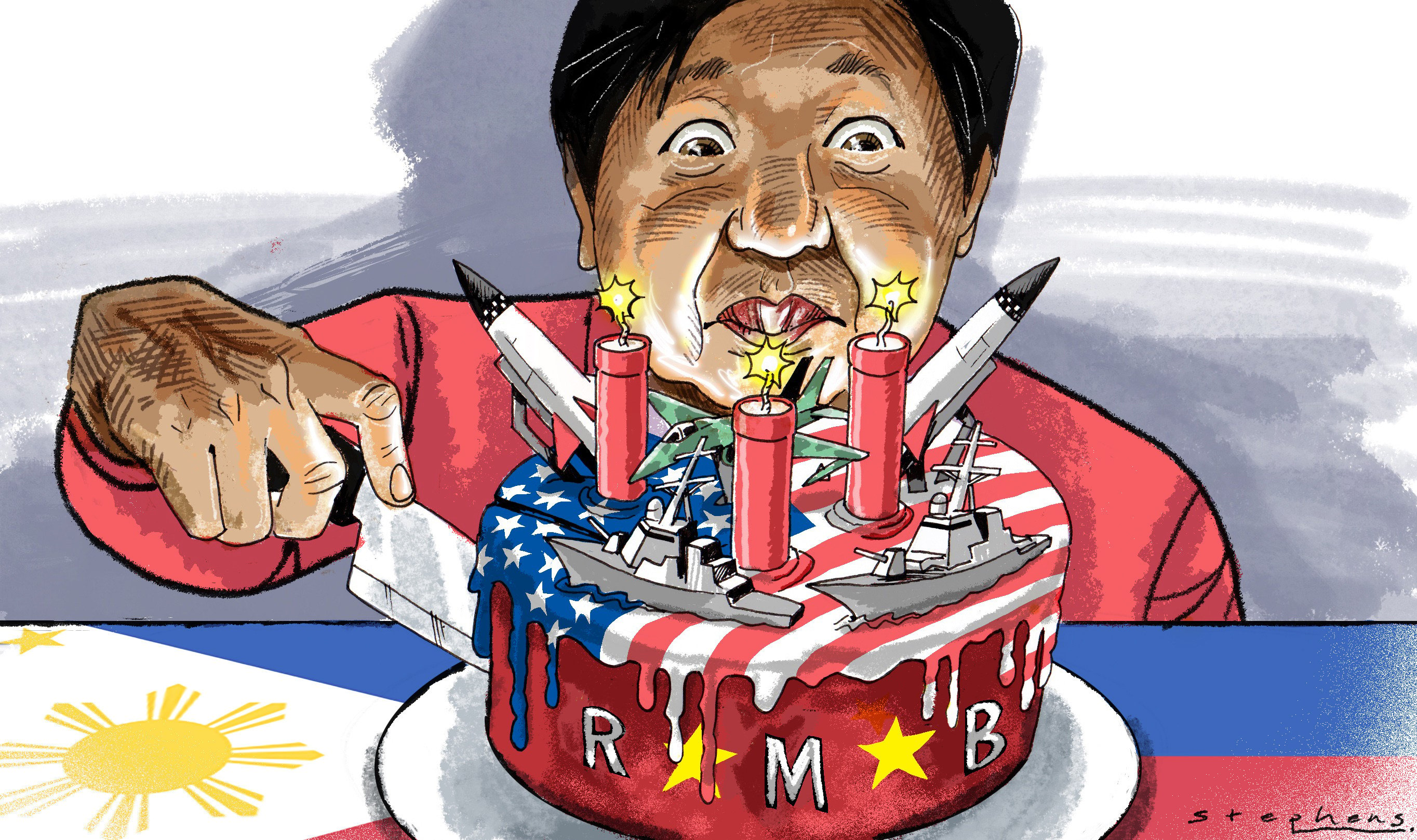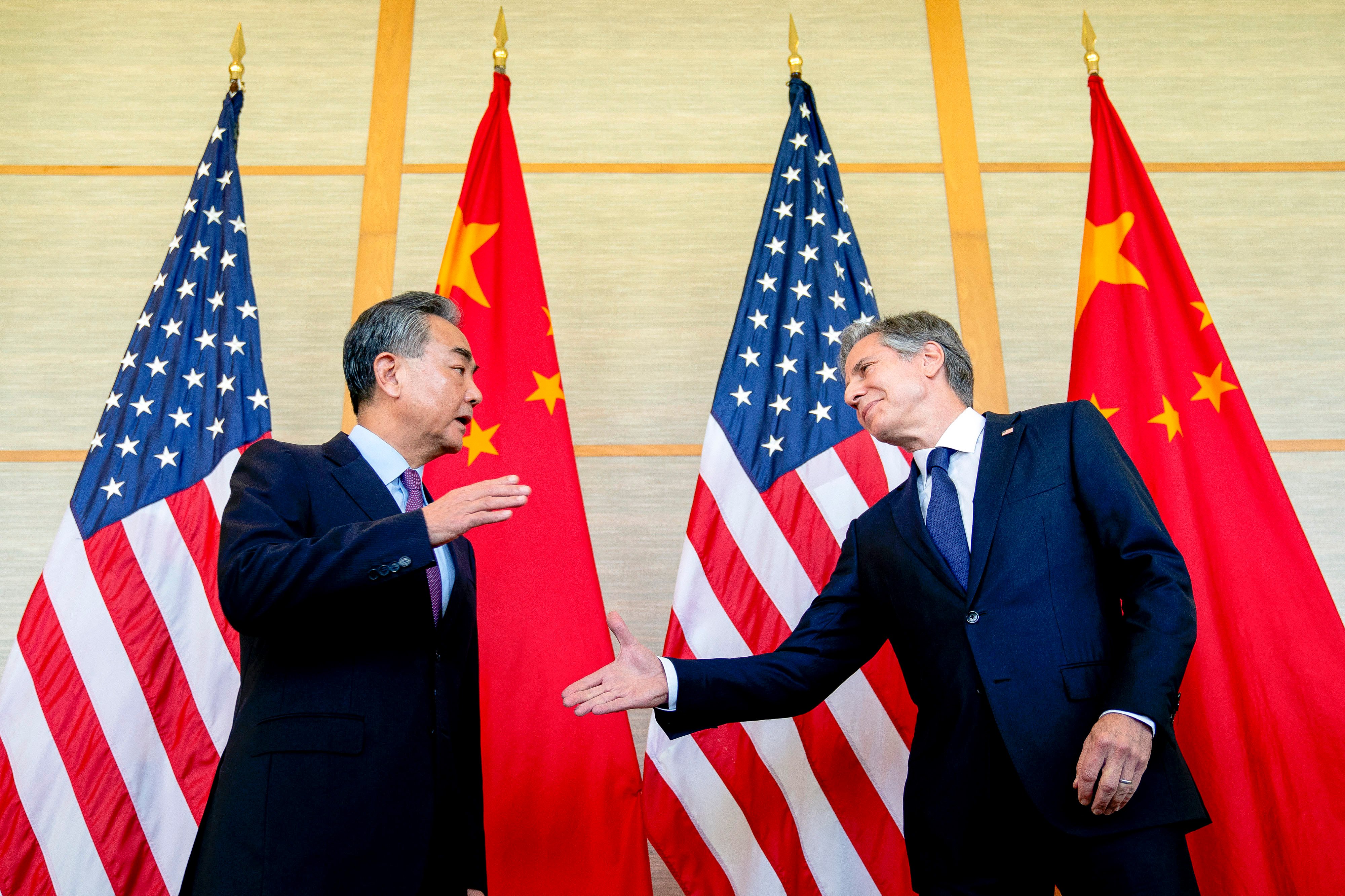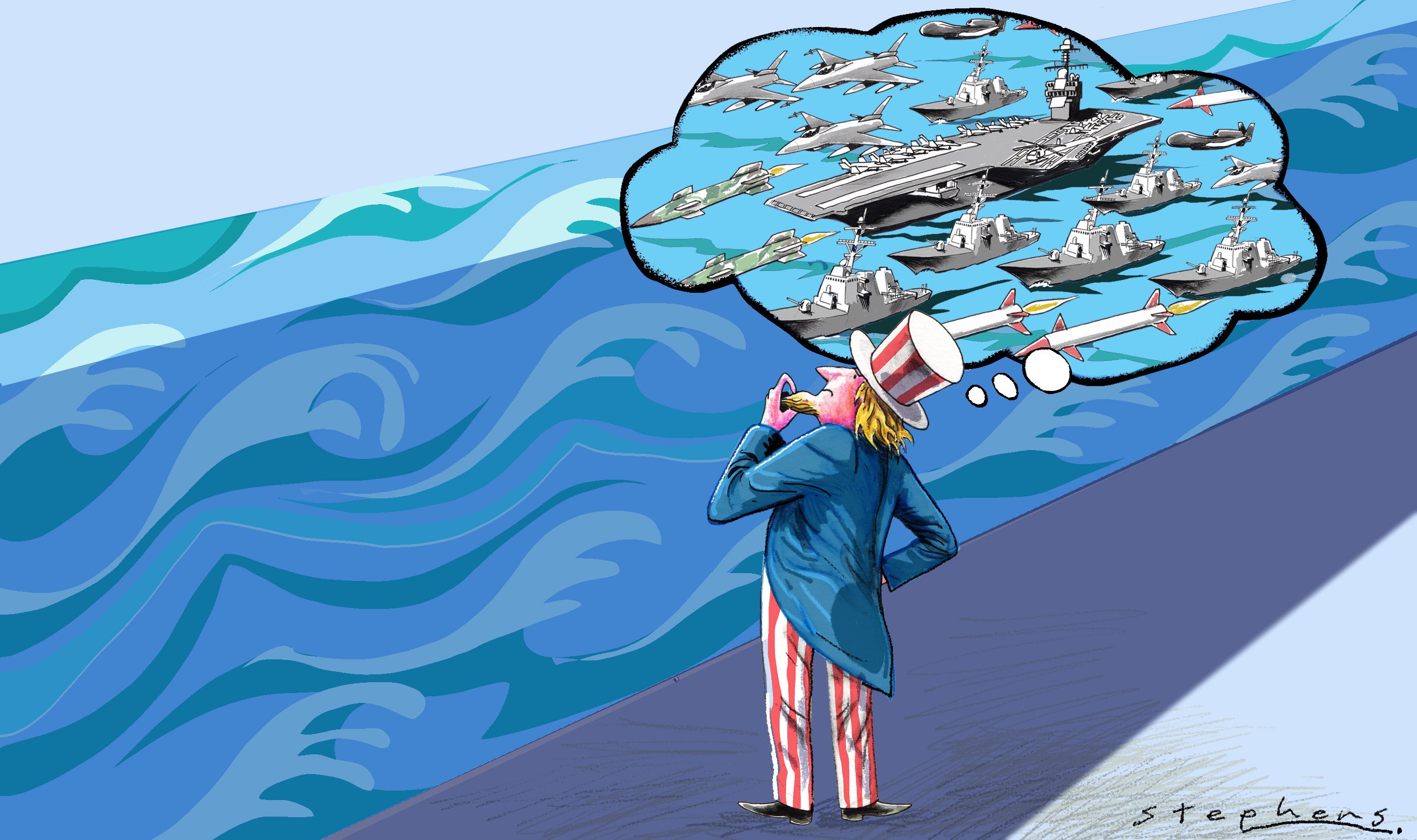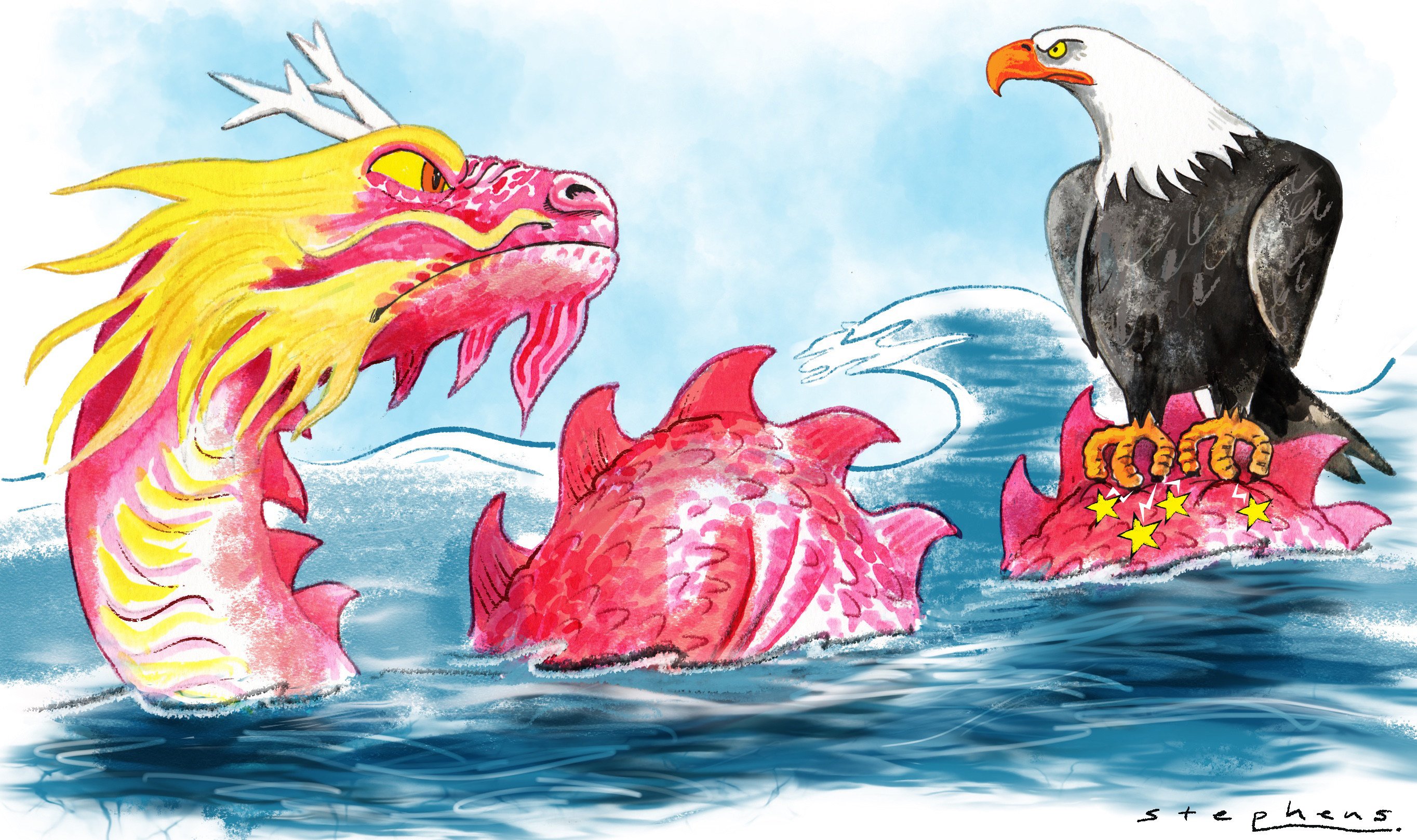Advertisement
Advertisement

Mark J. Valencia
Dr Mark J. Valencia is an internationally known maritime policy analyst, political commentator and consultant focused on Asia. He is the author or editor of some 15 books and more than 100 peer-reviewed journal articles. Currently he a non-resident senior research fellow at the Huayang Institute for Maritime Cooperation and Ocean Governance
China’s latest action raises tit-for-tat to new level as Manila deepens military cooperation with the US and threatens to invoke the mutual defence treaty. This escalation should come as no surprise to the Philippines, given it has chosen to draw closer to the US militarily.
Chinese assertiveness towards the Philippines in the disputed South China Sea is risky, as the US has vowed to defend Philippine troops and vessels. More than ever, Washington and Beijing should tread carefully around potential hotspots such as the Second Thomas Shoal, Scarborough Shoal and Taiwan.
The recent confrontations between Chinese and Philippine coastguard ships near the shoal raise questions about whether a more heated conflict can be avoided. Western powers committing to joint patrols of the area with the Philippines only ups the ante.
Pressure is building on the US to step in at the Philippine-occupied Second Thomas Shoal with the Chinese increasingly brazen and Manila increasingly indignant. By being ambiguous, the US is increasing the risks of miscalculation.
Advertisement
Even with better communications between the US and Chinese militaries, the trust gap remains. US calls for military transparency might sound reasonable, but they favour the more powerful nation and come from a side failing to practise what it preaches.
Antony Blinken’s efforts to improve military communications between the US and China will achieve little because their differences go beyond misunderstandings. The US may be abusing its rights under international law and flagrantly challenging China’s core interests.
Behind the talk about upholding the rules, maintaining a free and open Indo-Pacific and supporting Asean centrality lies conceptual imperialism: a US-led resolve to protect interests in the region.
Given the anti-China mood in Washington, an incident like that in the Gulf of Tonkin – real or manufactured – that launched the US into the Vietnam war may push Congress to demand military action.
Unlike its Southeast Asian neighbours, the Philippines has too eagerly embraced the US and now appears to be back-pedalling to avoid retaliation from China. Vietnam, on the other hand, provides a textbook example of successful hedging, balancing relations with both superpowers and Russia.
While China is doubling down on its claims to much of the South China Sea, rival claimants are enhancing their military capabilities and collaborating with the US. China, its rival claimants and the US can and must compromise – the alternative is to see China’s absolute hegemony or a universally catastrophic conflict.
China should not allow its fishermen to enter Philippine EEZ without permission, to harass or block Philippine fishermen from fishing there or to try to intimidate other claimants. But in territories claimed by Beijing and Manila, both have a right to be there.
After 20 years of negotiations and growing flare-ups in the disputed waters, the delay has produced more mistrust and arguably benefited powerful parties. Compromise may be the only realistic way for Asean claimants to harvest their resources without Chinese interference.
Manila’s decision to draw closer to Washington could make the Philippines a Chinese target on both the military and economic fronts. It will also complicate negotiations on a South China Sea code of conduct and contribute to a regional arms race.
China is learning from Western powers that it can ignore decisions it doesn’t like and manipulate international law – as long as it cultivates an army of patriotic lawyers.
US military support for China’s rival claimants and their ramping up of oil and gas projects in the region are creating more flashpoints. Will China press until a clash ensues or recalculate its strategy?
Enforcing its claims harder risks international opprobrium and war while easing off to focus on commercial resource-sharing deals risks domestic criticism. But not choosing is also counterproductive as US military ties with other Asian countries continue to deepen.
China is economically and politically poised to be Asia’s leading soft power, but its aggressive stance in the South China Sea has pushed neighbours towards the US. China can still win its diplomacy contest with the US, but it will need to regain trust in the region.
Between the dynamics of the fraught US-China rivalry and competition for resources between China and Southeast Asian states, there is much that could go wrong.
The US has sensationalised claims of China’s island reclamation and exaggerated the danger of a Chinese pilot’s interception of a US spy plane, in what may be a larger effort to put China on the diplomatic defensive.
US officials have pledged military support in case of a Chinese attack on the Philippines, but the treaty leaves some room for interpretation. There are many factors that could influence a US decision to support the Philippines, including the consequences of risking a military clash with China.
Reaching an agreement will be tricky for Beijing and Manila because of political and legal obstacles, but they can be overcome. A commercial joint venture with no legal implications on sovereignty that includes sharing resources or revenues from extraction could be a way forward.
Washington and Beijing didn’t agree on anything substantive when Biden met Xi in Bali, except to continue to talk. Meanwhile, there has been little progress on a South China Sea code of conduct – one of the loose ends that must be tied up for the sake of stability.
For South China Sea code of conduct negotiations to succeed, the US must refrain from interfering behind the scenes, while Asean members must commit to resisting China’s influence. However, this is all unlikely.
Greater pledges of US aid and Philippines moves to ‘re-examine’ military cooperation could be seen as signs of stress in the alliance. Manila recognises China’s military and economic dominance, raising the need for hedging and trying to preserve relations with both sides.
Recent developments suggest the US is continuing the hypocrisy, demands, confrontation and military intimidation that characterised Trump’s Asia policy – and that ‘Asia tsar’ Kurt Campbell has been outmanoeuvred by China hawks
Philippine President Ferdinand Marcos Jnr is seeking greater security guarantees from the US, but they will come at the price of hosting US military assets. Providing US forces such access is bound to go down badly with China, a vital trade partner with whom Marcos also wants stronger ties.
The US’ declared goal is a free and open Indo-Pacific, but its defence arrangements and displays of force in the region tell another story. Not only is Washington undermining the very principles it claims to uphold, it is clearly targeting China.
The US says Iran was trying to capture the unmanned surface vessel, while Iran says it was trying to ensure safety of navigation. With the US updating its commander’s handbook to categorise such unmanned vessels as warships, there are likely to be more similar incidents in the Gulf and elsewhere.
To provide a deterrent to China’s domination of the South China Sea, the US would need to place its warships, planes and missiles in the region, possibly the Philippines. However, any scenario that doesn’t involve US accommodation of Chinese interests, and China’s accommodation of its neighbours’ interests, won’t end well.
The US denounces Chinese ‘aggression’ while relentlessly conducting probes and showing off its military might in China’s backyard. Were China to do the same near America’s Gulf coast, how would Washington react?

